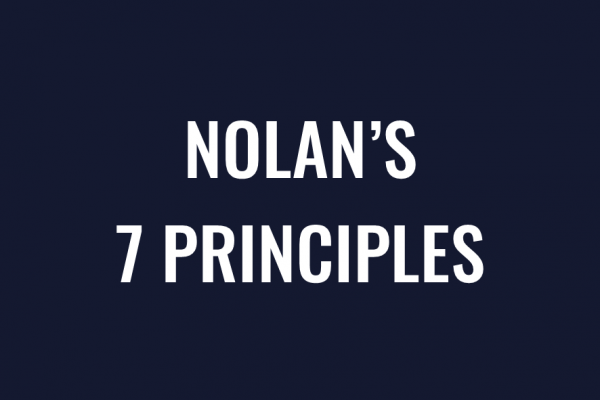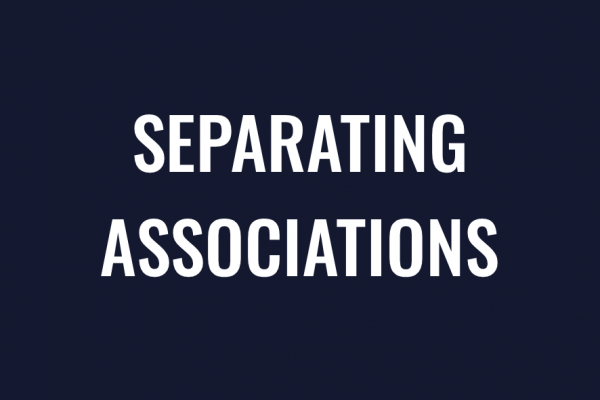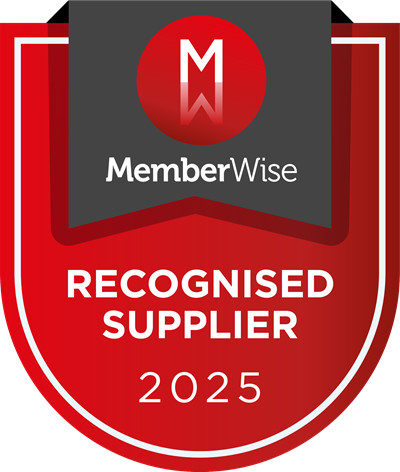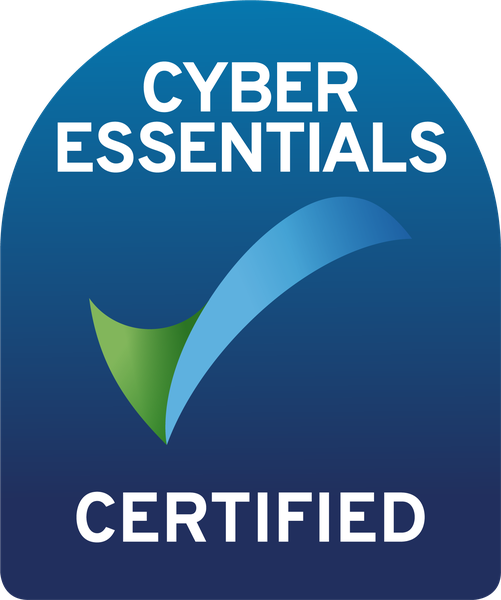At a meeting of the Privy Council held at Buckingham Palace in February 2020 in the presence or Her Majesty the Queen, changes were granted to the Chartered Institute of Marketing’s Royal Charter.
This was the culmination of a comprehensive review of this professional institute’s constitutional documents which included the charter, articles, codes of practice, bylaws, complaints and disciplinary procedures and the schedule of delegated authority by the Constitution and Ethics Committee advising the Board of Trustees.
Our very own Andrew Chalk is pleased to be a member of this Constitution and Ethics Committee and has been a Fellow of the CIM since 2006. He has also been Chair of the Eastern Region and worked on various volunteer committees for the CIM since 1993.
A review of this scale needs an active and dedicated team to carefully consider and critique such documents. Given the importance and interconnectedness of these documents a strong peer review process and expert legal input is needed at all stages which takes time.
Before undertaking any review of constitutional documents, we believe you should:
- Determine the objectives for such a review
- Engage with members to understand their views on the changes required
- Establish clear terms of reference for a group to undertake the review (at the CIM applications were invited from members to join the committee and interviews held to select the best candidates)
- Ensure expert legal opinion is available at all stages of the process
- Determine a clear timeline and do not underestimate the work involved
- Allow for peer review at key stages of the process to highlight any issues to be considered
- Allow members to review once documents are at the final draft stage
- Check, check and check again before finalising the documents for adoption
Royal Charters
Charters are normally reserved for bodies which work in the public interest (such as professional institutions and charities) and which can demonstrate pre-eminence, stability and permanence in their particular field. Typically, these are universities, royal colleges, livery companies and professional membership bodies.
The first Royal Charter was granted to The Weavers Company in 1155 and in the nine centuries since only around 1,000 have been granted. The CIM obtained its in 1989 and a full list can be seen here.
Applying for a Royal Charter is a detailed and lengthy process with applicants having to meet exacting criteria. At the AMC we do not have the expertise to help you through such a process but we know someone who can. So, if you need help just let us know.







